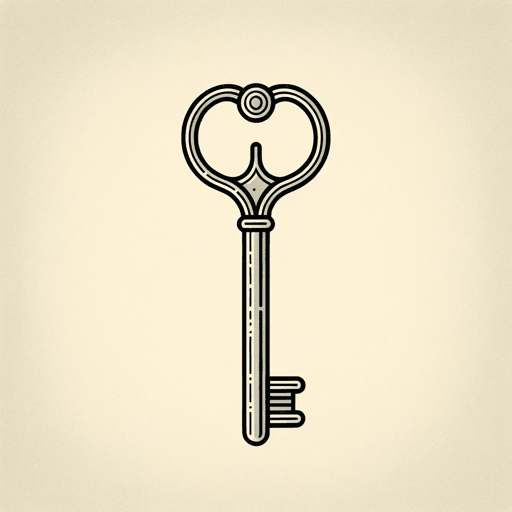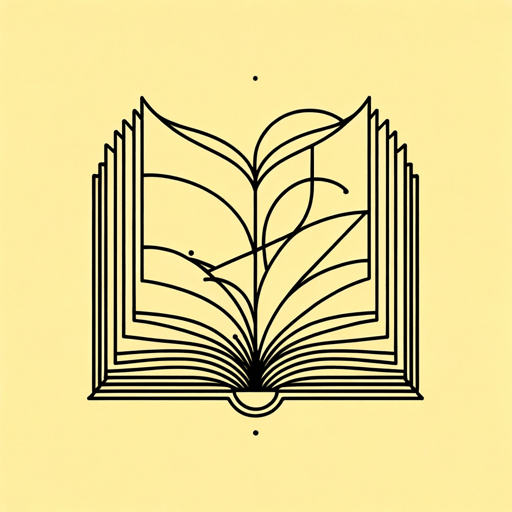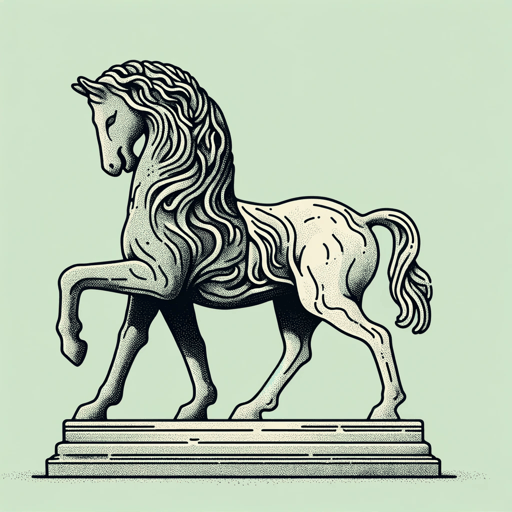29 pages • 58 minutes read
Jorge Luis BorgesThe Library of Babel
Fiction | Short Story | Adult | Published in 1941A modern alternative to SparkNotes and CliffsNotes, SuperSummary offers high-quality Study Guides with detailed chapter summaries and analysis of major themes, characters, and more.
Literary Devices
Irony
Jorge Luis Borges employs irony—a contrast between expectation and reality, or what seems to be and what is—as a tool to accentuate the inherent contradictions and perplexities enmeshed within the Library’s fabric. Although the Library appears boundless, offering the promise of limitless knowledge, it ultimately delivers no discernible or quantifiable truths: “For every rational line or forthright statement there are leagues of senseless cacophony, verbal nonsense, and incoherency” (Paragraph 5). Profound wisdom remains obscured amid the ceaseless proliferation of nonsensical text, underscoring the irony that the quest for enlightenment often leads to encounters with meaningless and haphazard data. In a paradoxical twist, the existence of every conceivable book, encompassing both thoughtful and trivial content, paradoxically diminishes the significance of each, as most are comprised of arbitrary combinations of letters, punctuation marks, and paragraphs.
The story’s irony is particularly striking when we examine how the Library is depicted as a divine and flawless entity, a portrayal that directly challenges the conventional concept of a benevolent and all-knowing deity. This subtle critique of the notion of an all-encompassing God becomes evident as the librarian implies that the Library deliberately withholds information from its worshippers.
Related Titles
By Jorge Luis Borges

Borges and I
Jorge Luis Borges

Ficciones
Jorge Luis Borges

In Praise of Darkness
Jorge Luis Borges

Pierre Menard, Author of the Quixote
Jorge Luis Borges

The Aleph
Jorge Luis Borges

The Aleph and Other Stories
Jorge Luis Borges

The Book of Sand
Jorge Luis Borges

The Circular Ruins
Jorge Luis Borges

The Garden of Forking Paths
Jorge Luis Borges

